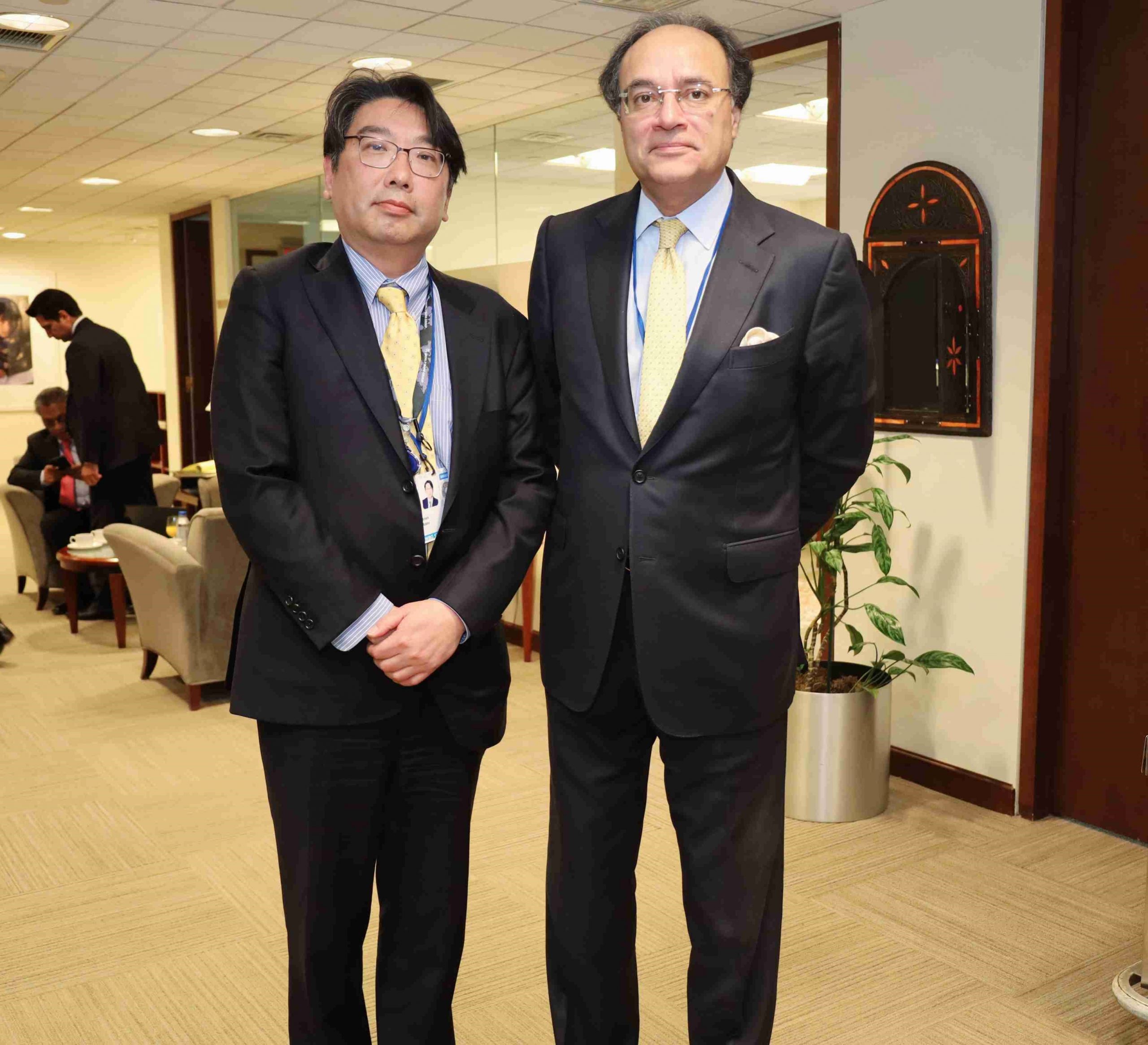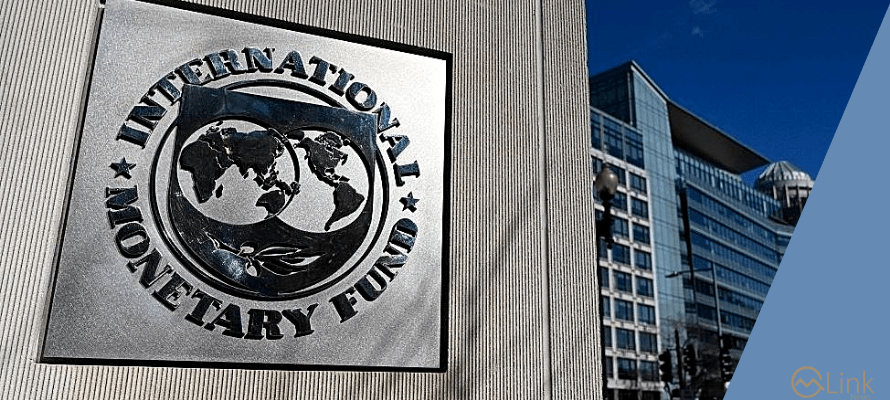June 20, 2019 (MLN): There is no doubt that Pakistan is facing an unprecedented economic crisis at the moment, and is in dire need of effective policies and measures to be able to come out of the void it is currently residing in.
In an attempt to eliminate the crisis, Prime Minister Imran Khan proposed a one-of-a-kind Federal Budget, which raised many eye-brows due to its unfeasibility and impracticality. As a result, the budget which was supposed to pull the economy out of crisis, met with immense criticism and skepticism.
However, the Chief Investment Officer (CIO) at Tundra Fonder, Mr. Mattias Martinsson thinks absolutely otherwise. In a digital interview with Mettis Global News, he shared his thoughts on the budget and its significances, the outlook of Pakistan’s economy in the upcoming fiscal year, rumors regarding the closing of Tundra operations in Pakistan, as well as his experience of investing in emerging markets.
The excerpts from the interview are as follows:
Q. What are your views on the Federal Budget FY19-20 and the overall reaction it has received? Does it favor portfolio investment in Pakistan?
As expected it was an austerity budget and it included the boldest steps ever taken by any Pakistani government. At this point it was needed to regain credibility abroad, and specifically in the relationship with the IMF. As expected it included a range of measures which will initially hurt both corporates’ profits and private consumption but which, in the longer term, are necessary to improve transparency and widen the tax net. Provided they get it through NA in its current form it will be the starting point to look forward for foreign investors. Stability and a credible economic policy will favor foreign portfolio investments.
Q. Do you think the targets of Budget 2020, particularly those relating to tax collection, are achievable?
The expected increase seems very high, especially considering growth is coming down significantly. The implemented steps to widen the tax net, such as enabling FBR to access bank account statements, bringing real estate transactions into the banking channels etc., is probably the part which I am the most optimistic about. Coming from a country with one of the highest tax to GDP I know that a long term solution needs to involve credible ways of documenting the economy. For the first time I see Pakistan actually implementing measures to do exactly that. Changing 70 years of culture towards taxation is painful, especially when you want to do it in such a dramatic way. Seeing what is done in terms of documenting the economy I would say it is reasonable to expect tax revenue to GDP will increase from current levels and I think the changes can be significant over the next three years.
“Assuming the IMF loan is signed I would expect the currency to be in the area of 160-170 by year end”
Q. As a foreign investor in Pakistan, what are your thoughts on the continuous devaluation of PKR? Where do you see it by the end of 2019?
The intention to move towards a market priced currency has obviously caused some confusion in the market given where Pakistan is coming from. The currency at these levels is deemed to be around fair value, even slightly cheap. It is however important to make sure this is also confirmed by capital flows returning. That is why it is crucial to have the IMF loan signed in order to lessen investors’ concerns. You need to make sure you cut the current negative spiral of fear. As Franklin Roosevelt once said: “Only thing we have to fear is fear itself”. Going forward we should expect the currency to depreciate in line with inflation differential to its main trading partners and as long as investors’ perceive the currency to be free from manipulation they have no problems with a gradual depreciation. Assuming the IMF loan is signed I would expect the currency to be in the area of 160-170 by year end but right now that is of course a moving target, ultimately set by demand and supply. I can’t say I would be very surprised should the currency strengthen somewhat from current levels either.
“Pakistan was the very reason I wanted to start Tundra and the opportunities ahead are even better than they were back in late 2011”
Q. There have been rumors regarding the closing of Tundra operations in Pakistan. If it is true, could you please provide the reason for its closure? What are your views on it?
No we are not closing down our operations and we never will as long as I am at Tundra. Pakistan was the very reason I wanted to start Tundra and I think the opportunities ahead are even better than they were back in late 2011 when we launched. This is one of the few significant markets in the world where foreign investors are still underrepresented and where strong prejudice prevails. For us it makes it a perfect “Tundra market”. Guessing short term movements is not for us. We focus on the long term fundamentals and with Pakistani equities trading at ten year lows on P/BV it is rational to expect that the average returns the market can give you as an investor in the next couple of years will be very attractive from an emerging markets perspective.
Q. How do you perceive the economic standing of Pakistan by the end of FY 2019-2020?
Short term it is about austerity, which means growth needs to come down significantly. That everyone understands. For the first time I think the government has true intentions of actually taking a long term approach and implement reforms that will put Pakistan on a more sustainable growth path. It includes painful measures as widen the tax net, removing subsidies and deter unnecessary imports. But this will be followed by an earnest attempt to stimulate local production (“Made in Pakistan”) and attract foreign investment. With the new government we believe Pakistan’s credibility will gradually improve. Change is painful and we are not out of the woods yet. When I see the measures being implemented I have very few objections, if any, however. This will be noticed by investors once the current distress subsides.
Q. Could you please shed some light on your experience of investing in emerging markets?
I started investing in Russia in the mid-nineties and experienced firsthand the boom, followed by the worst crash I have ever experienced. Russia was a good school for an emerging markets investor at the time and the experience of being an early investor in an important market led me to always look where not everyone else is looking. That eventually led me to Pakistan. Frontier and early emerging markets have had 5 tough years behind them but long term that is where the growth is. Short term outlooks means you’re guessing. Tundra always look at the longer term picture, ten years and beyond. If you are willing to take such an investment horizon all of our core markets (Pakistan, Vietnam, Bangladesh, Sri Lanka, Egypt, Nigeria and Kenya) have amazing investment opportunities ahead of them.
“the current government can muster the trust necessary from foreign investors to realize that into FDI over the next few years.”
Q. Do you think there should be any specific measure to attract investment in Pakistan? Are the current measures enough to do that?
For Foreign Direct Investment, I think the current government is on the right track and I support the reforms, including the tax reforms, implemented. Assuming they will be allowed to continue their work trust will follow once the dust settles. In terms of the political environment, as odd as it might sound given where we are right now, I am more optimistic than ever before. Every country undergoes crisis and Pakistan’s current crisis is very deep. After crisis follows opportunity and I think the current government can muster the trust necessary from foreign investors to realize that into FDI over the next few years. At least the opportunity has never been better for foreign investors and you have a government capable of communicating that.
For the equity market, and specifically talking from our own perspective, we would love the opportunity to compete on equal terms with the local Pakistan funds. In the current system the local funds’ taxation is based on the unit holder level (when he/she redeems) whereas we are taxed on fund level (the tax is paid by the fund and shown in the fund price). For us to successfully compete head to head with the best local funds, and for other foreign Pakistan funds to be opened, that needs to be changed. The tax revenue from capital gains tax is probably very marginal but if it is still deemed important we would much rather see a turnover tax which would be the same for all Pakistan funds, local or foreign. Given the poor performance of the equity market in recent years, now would probably be a good time to implement it.
Given that the equity market in many ways becomes a symbol of the economic sentiment of a country I am surprised we have not seen more short term stimulus targeting the equity market. Maybe it will come.
Copyright Mettis Link News
28487







